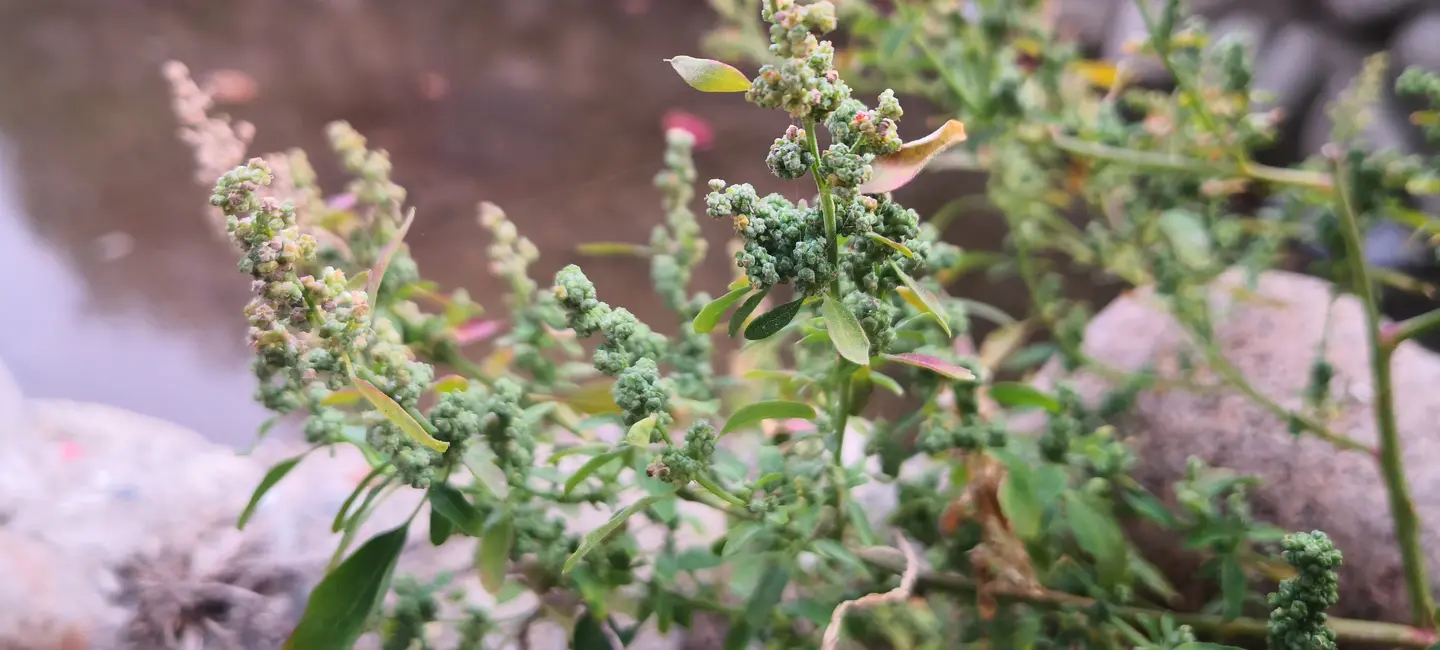
Chenopodium oil is made from the chenopodium plant (Dysphania ambrosioides), which is also known as epazote. It grows in Central and South America.
Chenopodium oil contains high amounts of a toxic chemical called ascaridole. The amount of ascaridole found in the oil depends on the plant part used, the season, and where the plant was grown. Ascaridole is thought to paralyze roundworms, hookworms, and some tapeworms.
People use chenopodium oil for parasite infections in the intestine and other conditions, but there is no good scientific evidence to support these uses. Using chenopodium oil can also be unsafe. It has been linked with serious side effects, including death.
Don't confuse chenopodium oil, which is also called wormseed, with wormseed and wormwood. These are not the same.
Is It Effective?
There is interest in using chenopodium oil for a number of purposes, but there isn't enough reliable information to say whether it might be helpful.
Is it Safe?
When taken by mouth: Chenopodium oil is unsafe. It contains the chemical ascaridole, which is toxic. Potential side effects include dizziness, skin irritation, vomiting, deafness, paralysis, liver damage, and death.
Special Precautions & Warnings:
Pregnancy and breast-feeding: Chenopodium oil is unsafe when taken by mouth while pregnant or breast-feeding. It contains toxic chemicals.
Medications that increase sensitivity to sunlight (Photosensitizing drugs)
Interaction Rating=Moderate Be cautious with this combination.
Some medications might make the skin more sensitive to sunlight. Chenopodium oil might also make the skin more sensitive to sunlight. Using these products together might increase the risk of sunburn, blistering, or rashes when the skin is exposed to sunlight. Be sure to wear sunblock and protective clothing when spending time in the sun.
There are no known interactions with herbs and supplements.
There are no known interactions with foods.
There isn't enough reliable information to know what an appropriate dose of chenopodium oil might be. It contains toxic chemicals that are unsafe. Speak with a healthcare provider before use.
Aceite de Paico, Aceite de Quenopodio, American Wormseed, Ansérine, Aritasou, Chenopodium ambrosioides, Chenopodium anthelminticum, Dysphania ambrosioides, Epazote, Épazote, Erva de Santa Maria, Fausse Ambroisie, Goosefoot, Huile d'Ansérine, Huile de Chénopode, Jesuit Tea, Mastruz, Mentrasto, Mentruco, Mexican Tea, Paico, Pazote, Thé du Mexique, Wormseed.
Information on this website is for informational use only and is not intended to replace professional medical advice, diagnosis, or treatment. While evidence-based, it is not guaranteed to be error-free and is not intended to meet any particular user’s needs or requirements or to cover all possible uses, safety concerns, interactions, outcomes, or adverse effects. Always check with your doctor or other medical professional before making healthcare decisions (including taking any medication) and do not delay or disregard seeking medical advice or treatment based on any information displayed on this website.
© TRC Healthcare 2024. All rights reserved. Use and/or distribution is permitted only pursuant to a valid license or other permission from TRC Healthcare.
